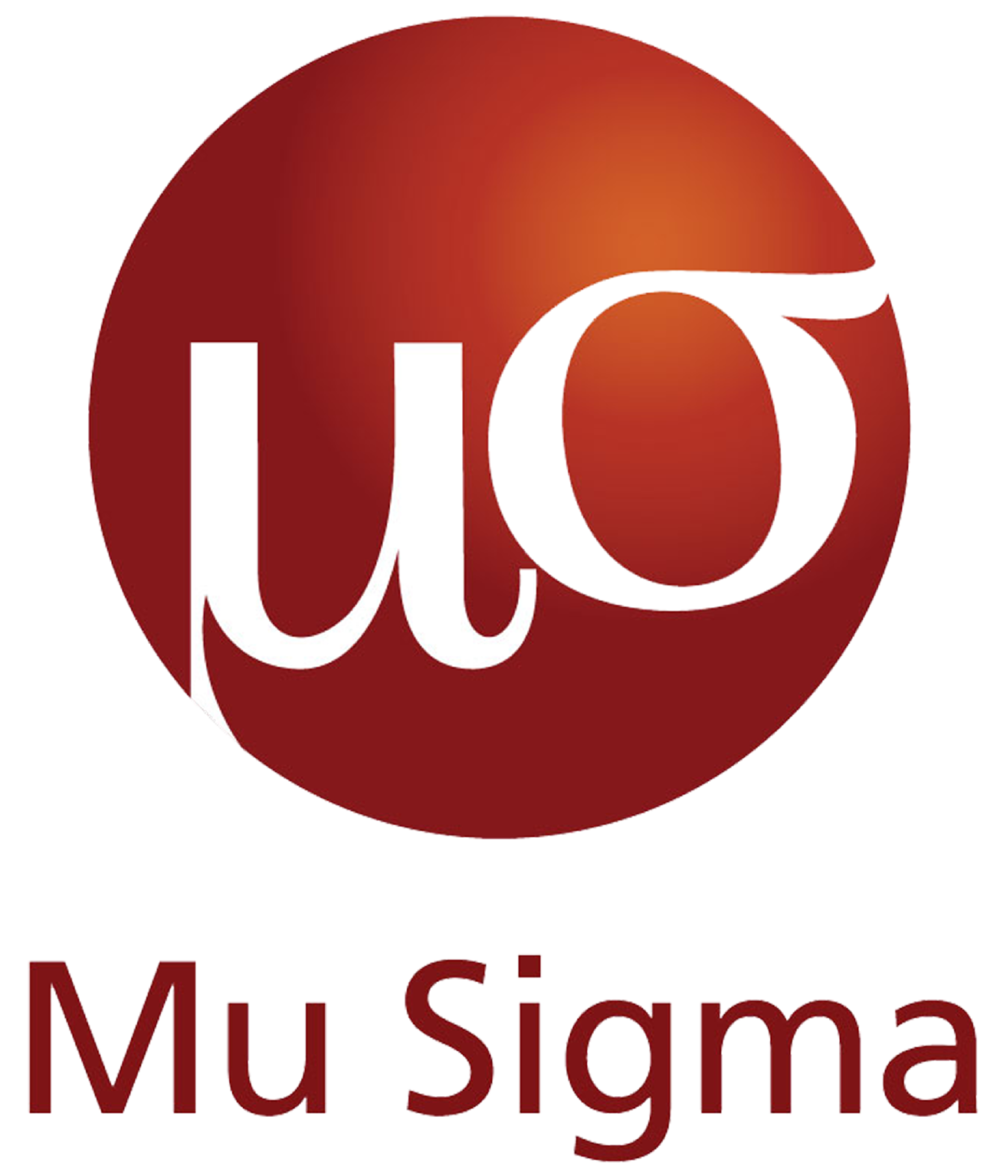Join the many companies that staff their roles with our technical writers
Our technical writers are ready to be hired
Amelia S.
- Denver, CO
- 1 years of experience
Reduced customer support tickets by 35% through creation of comprehensive user documentation for enterprise software.
Increased user engagement by 50% by revamping knowledge base articles, resulting in 20% faster issue resolution times.
Collaborated with cross-functional teams to ensure technical accuracy and usability of all documentation.
Recent Project
Amelia led the development of a new developer documentation portal for a cloud services company. She implemented a user-centered design approach, incorporating interactive code samples and step-by-step tutorials. The project resulted in a 40% increase in developer adoption of the company’s APIs and received overwhelmingly positive feedback from the developer community.
Marcus L.
- Austin, TX
- 5 years of experience
Streamlined documentation process, reducing production time by 25% while maintaining 99% accuracy rate.
Created 50+ video tutorials, resulting in a 60% decrease in basic support inquiries for complex software features.
Pioneered the implementation of a company-wide style guide, ensuring consistency across all technical communications.
Recent Project
Marcus spearheaded the creation of an interactive online course for a cybersecurity software suite. He developed a series of modules that combined text, video, and hands-on exercises to guide users through complex security concepts. The course has been completed by over 10,000 IT professionals, with a 95% satisfaction rate.
Zoe R.
- Seattle, WA
- 12 years of experience
Improved product usability scores by 40% through creation of clear, concise user manuals for consumer electronics.
Reduced translation costs by 30% by implementing a controlled language approach in technical documentation.
Developed and maintained a comprehensive terminology database to ensure consistency across all product lines.
Recent Project
Zoe worked on creating documentation for a new AI-powered smart home system. She developed a series of user guides that explained complex technology in simple, accessible language. The project included creating both print and digital versions of the documentation, with interactive troubleshooting guides that reduced customer support calls by 25%.
Ethan K.
- Boston, MA
- 7 years of experience
Increased software adoption rates by 45% through development of intuitive quick-start guides and in-app documentation.
Reduced documentation review cycle time by 50% by implementing an automated workflow system.
Mentored junior technical writers, fostering a culture of clear communication and continuous improvement.
Recent Project
Ethan led the overhaul of API documentation for a financial technology company. He implemented a new documentation-as-code approach, integrating the docs directly into the development workflow. This project resulted in more accurate, up-to-date documentation and a 30% increase in third-party developer engagement with the company’s APIs.
Lydia T.
- Chicago, IL
- 2 years of experience
Created 200+ knowledge base articles, resulting in a 70% reduction in frequently asked questions to customer support.
Improved documentation accessibility, achieving 100% compliance with WCAG 2.1 AA standards.
Spearheaded the adoption of single-source publishing, enabling efficient multi-channel content delivery.
Recent Project
Lydia developed the technical documentation for a complex medical device. She worked closely with engineers and regulatory experts to ensure the documentation met all FDA requirements. The project involved creating both user manuals and training materials, resulting in successful product certification and a smooth rollout to healthcare providers.
Nexus IT Group will quickly staff your technical roles
81%
of our successful candidates are submitted within one week
92%
of our candidates will accept your offer
96%
of our candidates are employed with your firm after 12 months
What our clients have said about working with Nexus IT Group
Our client creates balance between existing investments and cloud-driven innovation with a practical approach that prioritizes results. This particular client tasked our cloud recruiters with a challenging project. Being named Google Cloud Partner of the Year, this recognition required them to increase their Google Cloud Architect and Engineering resources. Google Cloud talent is quite a bit more scarce than AWS and demand more salary, so our cloud recruiters had to get creative with our sourcing strategy. Reach out to learn how we filled 13 Google Cloud professionals for this client.


A 3 year old startup who is transforming insurance buying by providing a digital insurance engine and world-class underwriting capabilities tasked Nexus IT group to identify, vet, and hire a Head of Data Engineering for the data engineering group. Our data scientist recruiters quickly got on this executive level search. Diversity sourcing and hiring was very important for this client so the team focused on diversity sourcing. We ended up sourcing 176 candidates, submitted six candidates and the client ended up hiring one candidate.


Our client creates balance between existing investments and cloud-driven innovation with a practical approach that prioritizes results. This particular client tasked our cloud recruiters with a challenging project. Being named Google Cloud Partner of the Year, this recognition required them to increase their Google Cloud Architect and Engineering resources. Google Cloud talent is quite a bit more scarce than AWS and demand more salary, so our cloud recruiters had to get creative with our sourcing strategy. Reach out to learn how we filled 13 Google Cloud professionals for this client.


Our client creates balance between existing investments and cloud-driven innovation with a practical approach that prioritizes results. This particular client tasked our cloud recruiters with a challenging project. Being named Google Cloud Partner of the Year, this recognition required them to increase their Google Cloud Architect and Engineering resources. Google Cloud talent is quite a bit more scarce than AWS and demand more salary, so our cloud recruiters had to get creative with our sourcing strategy. Reach out to learn how we filled 13 Google Cloud professionals for this client.
Frequently asked questions about hiring your next technical writer
Look for candidates with a bachelor’s degree in English, Journalism, Communications, or a related technical field. Strong writing skills, attention to detail, and the ability to explain complex concepts simply are crucial. Experience with technical writing tools and familiarity with the subject matter are also valuable.
While industry knowledge can be beneficial, it’s not always necessary. More important are strong research skills, the ability to quickly grasp complex concepts, and the capacity to learn new technologies. A good Technical Writer can often come up to speed on industry specifics relatively quickly.
Technical Writers should be proficient in document creation software (like Microsoft Word, Adobe FrameMaker), content management systems, and often have experience with markup languages (like HTML, XML). Familiarity with version control systems (like Git) and project management tools can also be valuable.
Ask for writing samples that demonstrate their ability to explain technical concepts clearly. You can also give them a writing test, asking them to explain a complex process or product in simple terms. Look for clarity, organization, and the ability to tailor content to the intended audience.
Technical Writers often work closely with product development teams to create user manuals, API documentation, release notes, and other technical documents. They may also be involved in UX writing, creating in-product help content, and contributing to the overall user experience.
Very important. Technical Writers often need to interview subject matter experts, collaborate with various teams (like engineering, product management, and customer support), and sometimes work directly with customers. Strong communication and interpersonal skills are crucial for success in this role.
Ask about their experience managing multiple deadlines, their strategies for prioritizing tasks, and how they handle competing demands from different stakeholders. Inquire about tools or methods they use to stay organized and ensure timely delivery of documentation.
Technical Writers can provide valuable input on user interface text, error messages, and overall product usability. Their outside perspective and focus on clear communication can help identify areas where the product might be confusing to users, contributing to a better overall user experience.
While not always necessary, experience with content strategy can be valuable. This might include skills in planning documentation sets, understanding the user journey, creating style guides, and implementing consistent terminology across products.


